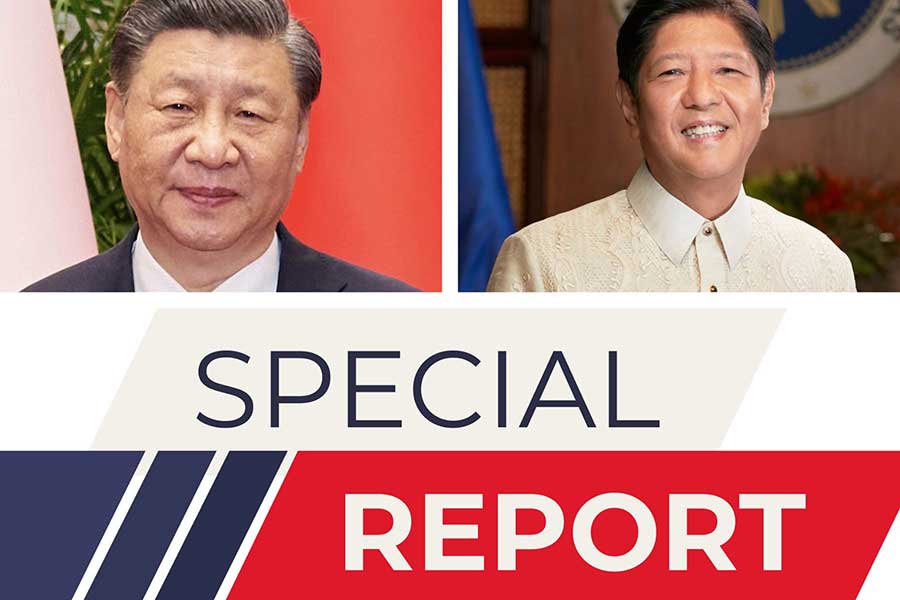A diplomatic dispute has erupted between China and the Philippines following Philippine President Ferdinand Marcos’ congratulatory message to Taiwanese president-elect Lai Ching-Te on his recent election victory.
The congratulatory gesture was met with strong disapproval from China, leading to a war of words marked by undiplomatic comments.
President Marcos, known for his opposition to China, triggered Beijing’s anger with his remarks.
Beijing’s Ministry of Foreign Affairs spokesperson, Mao Ning, expressed strong dissatisfaction, labelling Marcos’ comments as a serious violation of the One China Principle and a breach of political commitments made by the Philippines to China.
The spokesperson urged Manila to provide a reasonable explanation and cautioned against playing with fire on the sensitive Taiwan issue.
China went further to summon the Philippines ambassador in response to Marcos’ statement expressing anticipation for collaboration with Taiwanese president-elect Lai Ching-Le.
The Philippines foreign ministry countered, stating that Marcos’ remarks were a recognition of the mutual interests shared by the Philippines and Taiwan, aiming to clarify the intent behind the congratulatory message.
The victory of Taiwan’s independence-leaning president-elect Lai Ching-Te in the recent election added fuel to the fire, as China, considering Taiwan as part of its territory, has vowed to seize it if necessary.
Beijing’s refusal to maintain diplomatic ties with countries recognizing Taiwan, coupled with its opposition to official communications between foreign powers and Taipei, underscores the broader geopolitical implications of the dispute.
The highly undiplomatic comments from Beijing deepen the existing tension between the two nations, particularly in the context of their ongoing disputes over territorial claims in the South China Sea. The situation remains fluid, raising concerns about the potential impact on regional stability.

